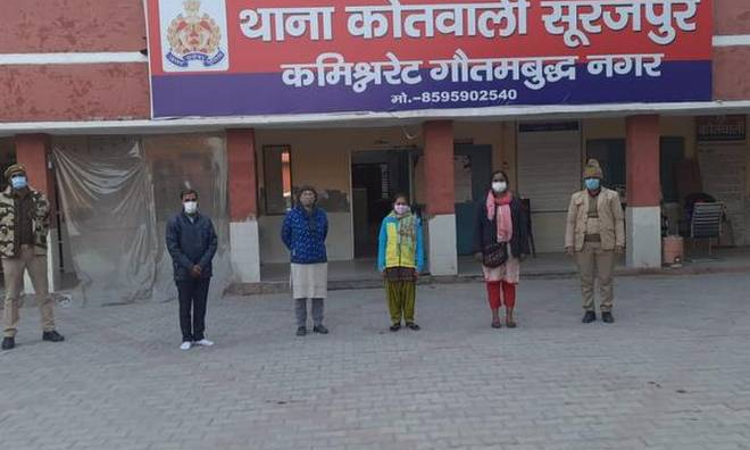South Korean National, 3 Residents Denied Bail Under UP Ordinance On Religious Conversion
Sparsh Upadhyay
28 Jan 2021 3:25 PM IST

Next Story
28 Jan 2021 3:25 PM IST
A local court in Gautam Buddha Nagar last week denied bail to a South Korean woman and 3 other accused (Uttar Pradesh residents) in connection with a matter registered against them under the Uttar Pradesh Prohibition of Unlawful Conversion of Religion Ordinance 2020 for allegedly trying to entice two Hindu women to convert to Christianity. The Additional Sessions Judge Pawan Pratap...
